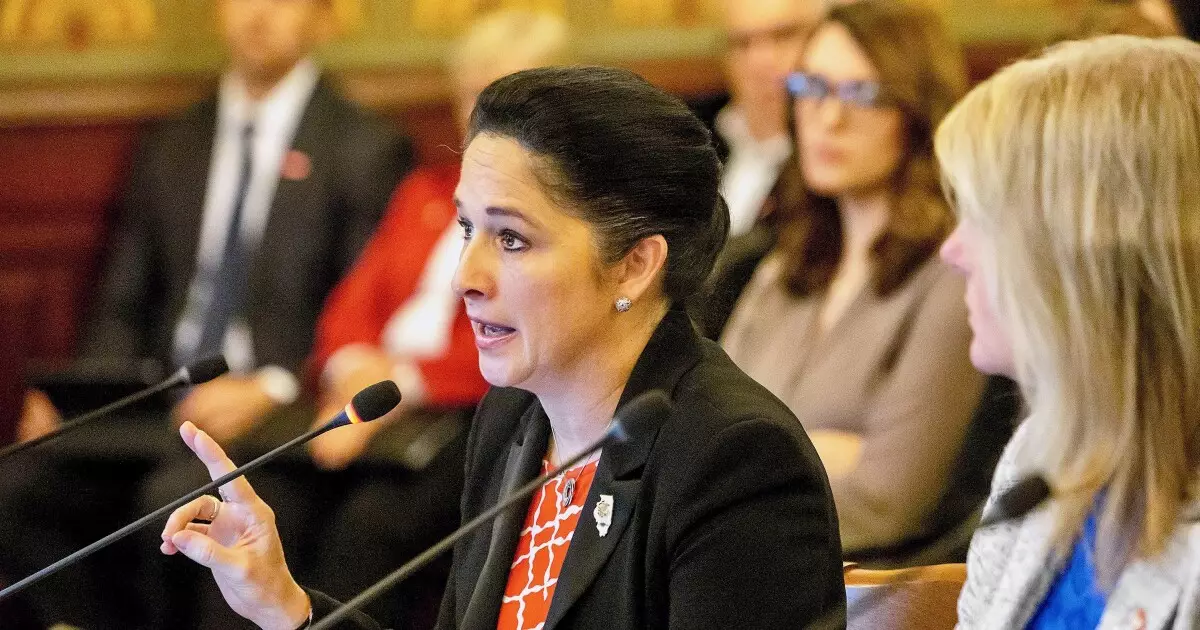The state of Illinois has seen a significant improvement in its financial standings, with the state comptroller reporting a 55% year-over-year increase in the end-of-year general revenue fund cash balance. This improvement comes as a stark contrast to previous years when the state faced massive backlogs of unpaid bills amounting to billions of dollars.
A decade ago, Illinois struggled with an $8.5 billion backlog of unpaid bills, which was seen as a “recipe for disaster” by then-Comptroller Leslie Geissler Munger. In 2016, the state faced an even larger backlog of $10 billion to $12 billion, surpassing previous records. However, under the leadership of current State Comptroller Susana Mendoza, the state has made significant strides in improving its financial situation.
As of the most recent fiscal year, Illinois ended with a $1.7 billion balance in the general revenue fund, a substantial increase from the previous year’s $1.1 billion. This improvement was attributed to the timely payment of bills and effective financial management by the comptroller’s office. Additionally, the state has increased its rainy-day fund balance to $1.94 billion, with projections to reach $2.3 billion by June 2025.
Major rating agencies such as Moody’s Ratings, S&P Global Ratings, Fitch Ratings, and Kroll Bond Rating Agency have positively revised Illinois’ credit outlook. The state now holds A-level ratings across various categories, a significant improvement from just three years ago when it had triple-B-minus ratings. This recognition reflects the state’s progress in improving its financial health and budgetary reserves.
Despite these achievements, Illinois still faces challenges, particularly in its underfunded pension systems. While efforts have been made to increase funding levels, proposed changes to meet actuarial recommendations have not been fully realized. Comptroller Mendoza has advocated for additional payments into the pension systems and the rainy-day fund to address these challenges.
Looking ahead, Comptroller Mendoza aims to further strengthen the state’s financial stability by proposing legislation that would trigger automatic transfers to the budget stabilization fund and pension stabilization fund during periods of revenue growth and reduced bill backlogs. By maintaining a healthy cash balance and making strategic investments, Illinois hopes to continue its positive credit trajectory and address long-term financial obligations.
Illinois’ fiscal progress under the leadership of Comptroller Mendoza and Governor Pritzker marks a significant turnaround from previous years of financial crisis. With continued efforts to address outstanding challenges and build reserves, the state is on a positive path towards financial sustainability and credit stability.

